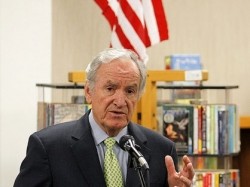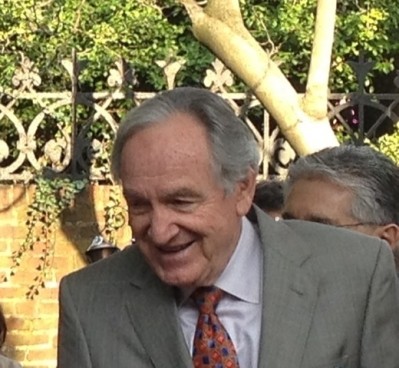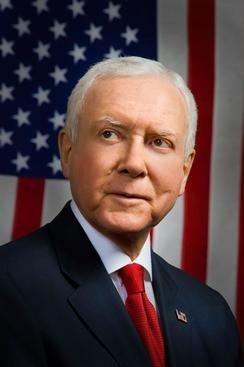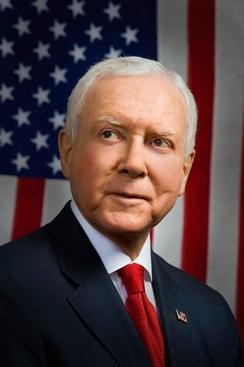With Harkin's departure, industry needs to step up outreach, observers say

While not unexpected—Harkin is 73 after all—the announcement does put into perspective the remarkable support the industry has enjoyed for so long from both sides of the aisle. Harkin, the Iowa Democrat who came to supplement support via personal experience, and Hatch, the Utah Republican who represents the interests of the biggest industry in his state.
Harkin, along with Hatch, was influential in helping chisel the tablets on which the Dietary Supplement Health and Education Act of 1994 was written. DSHEA has helped give rise to an innovative industry of remarkable vibrancy, if occasional overreach. Recruiting another advocate of his influence and commitment won’t be easy, and according to at least one prominent member the industry, it shouldn’t even be attempted.
“It is very unique in any industry to have congressional champions like Hatch and Harkin have been,” Michael McGuffin, president of the American Herbal Product Association, told NutraIngredients-USA.
“It’s not very realistic to have one new ‘champion.’ We need a lot of friends. We need relationships with people in the Senate and House who understand our issues.”
Personal experience
Harkin’s relationship with supplements and their power to help consumers came about during the run up to the passage of DSHEA. Harkin suffered from allergies and after using some bee pollen that had been given to him, his symptoms subsided. It helped form part of Harkin’s belief that supplements could help consumers lead healthy lives, something the senator thought the federal government should aim for in health care policy.
“I’ve heard him say that five or six times over the last decade: ‘We don’t have a health care system, we have a disease care system.’ He has been a huge proponent of good food for kids in schools.
“It’s not that he became a champion of all things alternative, it’s just that he became a champion of refusing to ignore what alternative (therapies) had to offer, to give them some credibility,” McGuffin said. Harkin, he noted, was influential in helping set up the National Center of Complementary and Alternative Medicine.
More engagement needed
So with all that experience and influence going out the window, where does industry go from here? With this debate, as with so many others in American politics, its wise to remember that the big picture is made of many small parts, and that local relationships are often the most important.
“It is the elected representative in the area where you vote is the one who cares most about you,” McGuffin said.
The supplements industry, said McGuffin and others, needs to step up its efforts to engage with elected representatives across the country.
“We’ve always felt that the dietary supplement industry hasn’t really done enough to make sure that their members in the House and the Senate are on their side,” said Stephen Shapiro, a partner in the law firm Ullman, Shapiro & Ullman that represents many firms in the supplement industry. In a regulated industry, Shapiro said, it’s critical that members of Congress understand the issues so that they can make sure the industry is regulated appropriately. Shapiro said the supplements industry has lagged behind other regulated industries in the number of companies that are actively engaged with their elected representatives.
John Shaw, CEO of the Natural Products Association, said his organization, like AHPA and other trade groups, encourages members to talk to their representatives.
“The NPA has aggressively been pursuing new leaders for several months. We consider many members of Congress to be key supporters relating to our industry’s key concerns,” Shaw said.
“The NPA continually encourages its members to contact its representatives in congress.”
Looking back
While trying to avoid an elegiac tone, McGuffin said it’s hard not to look back at Harkin’s tenure without a certain wistfulness.
“Tom Harkin has been a really good friend for a long time. He’s a really nice guy; he’s somebody I enjoy interacting with.
“I’m really happy for Tom. I’m trying not to use the word ‘disappointment,’ ” McGuffin said.









